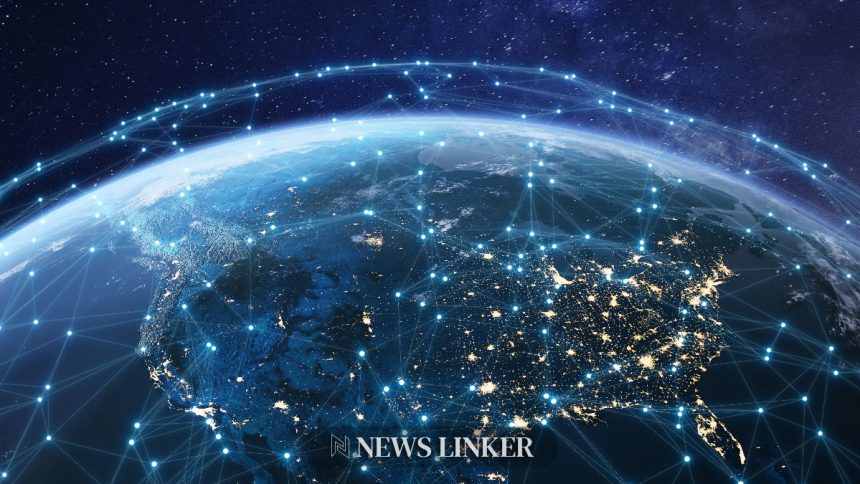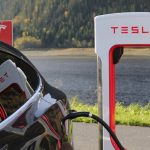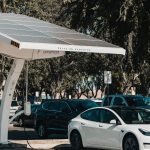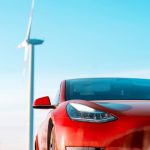Anticipation builds as Virgin Galactic announces a significant return to the space tourism industry, revealing plans for its latest spaceplane, Delta. After nearly two years of silence, the company aims to reintroduce itself by offering unique suborbital flights that promise experiences of weightlessness and breathtaking views of Earth. The Delta spaceship is poised to play a pivotal role in this comeback, equipped with features aimed at enhancing passengers’ journey to the edge of space.
Virgin Galactic has had its ups and downs, with earlier setbacks leading to delays in flight schedules. Its rival, Blue Origin, has also been competing in the suborbital space tourism sector, offering a different pricing model that contrasts with Virgin Galactic’s future plans. Previously, comparisons between these companies highlighted their unique approaches, including Blue Origin’s wider price range for its flights. Virgin Galactic had focused on perfecting its technology, as seen in its VSS Unity pauses, setting the stage for the upcoming Delta operations.
What Enhancements Does Delta Bring?
Virgin Galactic’s new Delta spaceplane promises improved performance with the capacity to carry six passengers, two more than its predecessor, the Unity spacecraft. The introduction of a swiftly replaceable rocket motor is expected to reduce turnaround times, allowing for up to 125 flights annually. This marks a significant operational scale-up compared to the seven flights executed by the Unity model in its final years, setting Virgin Galactic on a path to potentially clear its substantial customer backlog.
How Does the Financial Landscape Look?
Virgin Galactic’s financial results show progress, with an $84 million net loss for the first quarter marking an improvement from a higher loss the previous year. Despite these figures, investor confidence increased, demonstrated by a notable 48 percent surge in the company’s share price following the Delta announcement. Revenue details revealed a modest $460,000 mainly from access fees related to the astronaut community, while prospective passengers are required to pay a considerable non-refundable deposit.
Are There Pricing Challenges and Competitor Pressures?
Pricing for Virgin Galactic’s Delta flights remains undecided but is anticipated to surpass the previous ticket price of $600,000. The space tourism landscape presents competitive pressure from companies like Blue Origin, known for charging considerably varied prices ranging from zero to $30 million. These dynamics underscore the strategic challenges facing Virgin Galactic as it aims to attract new clientele while servicing existing demand with the Delta spacecraft.
Virgin Galactic is assembling the Delta models in Arizona, with a largely U.S.-based supply chain mitigating potential impacts from recent tariffs. As Virgin Galactic gears up for Delta’s official launch, it positions itself strategically within the growing sphere of space tourism. Advancements in spacecraft design and operations not only support Virgin Galactic’s vision of regular suborbital flights but also reflect evolving industry standards, where efficiency and customer experience are increasingly prominent. These strategic endeavors and operational preciseness could potentially redefine market perceptions, setting a benchmark in the industry’s competitive landscape.










